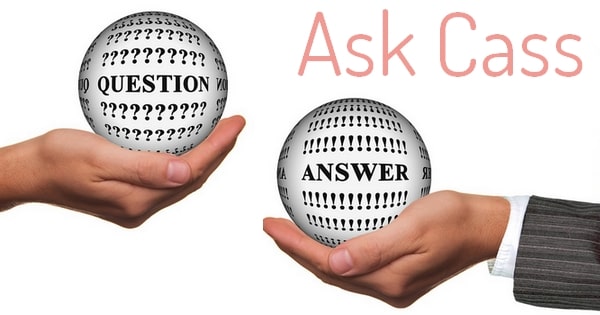Can Beta Readers replace editors?

First of all, let’s get clear about what beta readers do. Betas should always come after alphas. When I first started showing Spring Song around, I made a big mistake by calling out for betas when I should have been calling for alphas. Spring Song’s first draft was really rough and I needed a great deal of feedback that most regular (true) betas were not able to give.
Strictly speaking, true betas are just casual readers, preferably your ideal reader (someone who enjoys the genre/subgenre that you’re writing in). Many will disappear, never to be seen again, if the story is not in an almost finished state. I know this because it happened to me. You do not want that to happen to you.
When you have a rough first draft (and all first drafts are rough), you need to call out for alphas. These are the people (usually fellow writers) who have some knowledge of story structure (plot, 3 acts, hook, inciting incident, rising action, resolution, etc. etc.). They need to be honest but kind. Your first draft is like a tender shoot. It needs nurturing. You do not want it to be mishandled.
Be careful choosing your alphas. Get word-of-mouth recommendations if you can. If you call for readers in writing/critique groups, be sure to give your genre/subgenre, word count and a short description - what your story’s about and who it’s for. Say you will return the favour (and mean it). This will increase your chances of getting readers.
Even more important is your mind-set. Be open and ready to accept honest feedback without being offended, without taking everything personally. No-one is criticizing you as a person, but you do want them to pick apart your story and show you everything that’s not working. This is the whole point of the process, for your story to become better. Don’t ask for feedback and expect to be told how wonderful your story is. We all know it’s not. First drafts never are.
At the same time, no-one should be heaping abuse on anyone else. We all need constructive criticism. Anyone incapable of giving constructive criticism has no business pretending to help others. Block anyone who’s abusive.
Now, for the question about whether betas (or alphas) can replace editors. It really depends on the quality of the people you attract. Daiva came to me as a beta but I could tell at once she was much more than that. I quickly upgraded her to super beta/alpha and eventually to developmental editor and critique partner. I found Erica by responding to her request for betas in a writing group. If you are as fortunate as I was, you will come across these rare gems and you must value them accordingly.
As for the number of betas/alphas you need, it again depends on the quality of these people, and also on how well you know the conventions of your genre. Erica (who writes in 3 genres): “...the more comfortable I get in each genre the less I feel like I need a million alphas and betas and that makes sense. My first book in series I had so many because I did not trust myself in that genre.”
Having good (professional) editors (for developmental edit and line edit) can take away the trial and error and huge investment of time and effort in finding the right alphas and then reciprocating. Even after editing, it would be a very good idea to use true betas (readers in your genre) at the ARC stage.
As to whether you need both a developmental editor and a line editor, my experience is that over 90% of stories require a developmental edit because most writers are not that conversant with the intricacies of Story Structure. The same goes for a line edit. Few writers can get away without help. Even professional writers’ work has been known to take a nose-dive in quality when they stop using editors.
Of course, no indie writer is required to work with editors. Many publish their first drafts without knowing any better. But when we know better, we need to do better. It all depends on how much value we put on craft, on the quality of our writing.
Maybe this will put things into perspective - any marketing expert will tell you that the first rule of marketing is this: you better have a quality product to sell.
